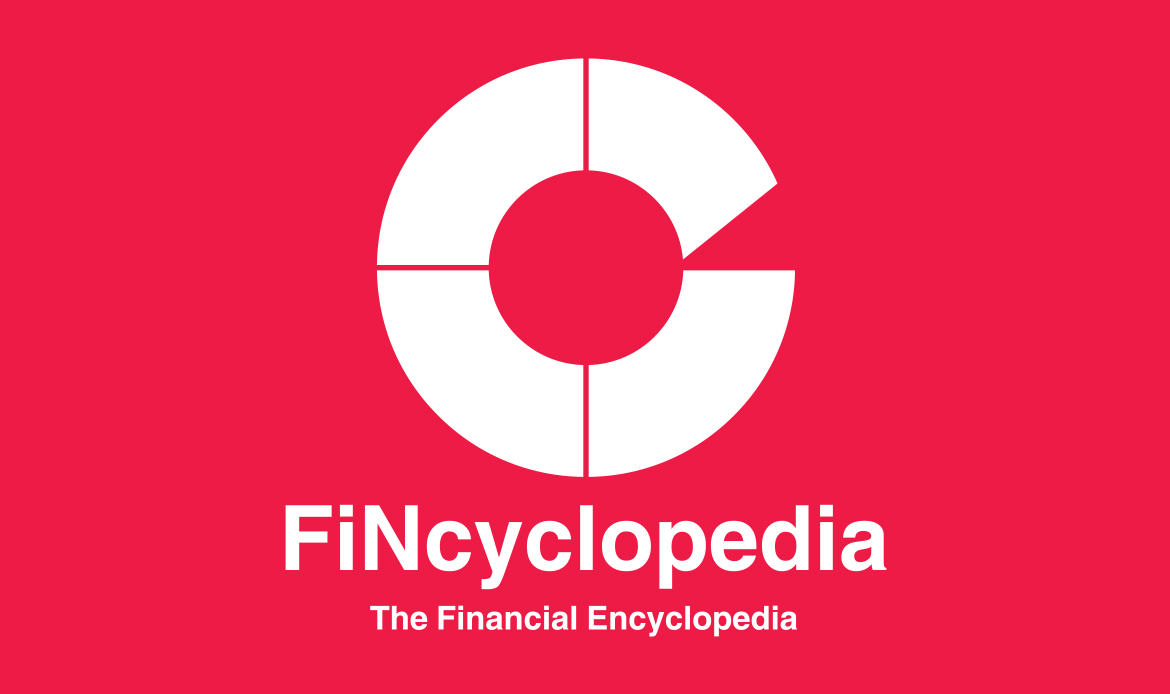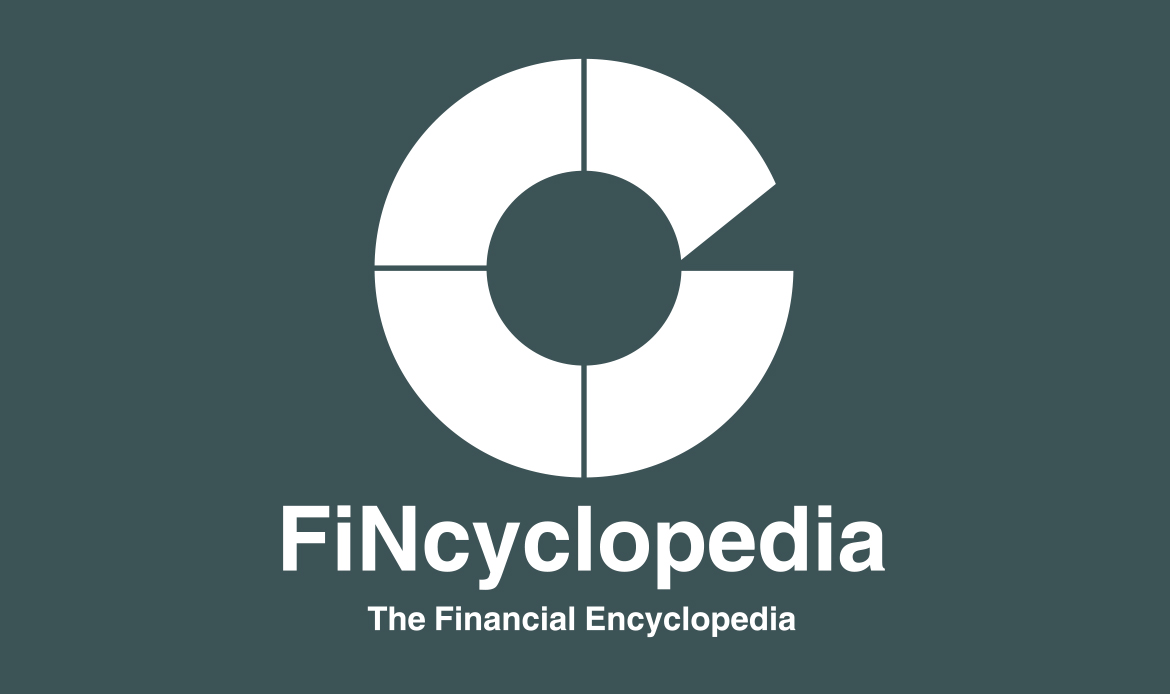In insurance, it is a type of settlement that allows a person to invest in another person’s life insurance policy. The transaction involves a sale by a person with a terminal disease of his/ her life insurance policy at a discount for immediate cash.
The settlement entails that the buyer purchases the policy (or part of it) at a price that is lower than the death benefit under the policy. This implies that upon the death of the seller, buyer can collect the death benefit. The policy’s buyer will make a return that depends upon the seller’s life expectancy and the actual date of death. The proportion of this return is higher for shorter life expectancies, and lower for longer life expectancies. The policy’s buyer may also lose part of his/ her principal amount invested if the policyholder lives longer than expected, where the policy’s buyer has to pay more premiums to maintain the policy.




